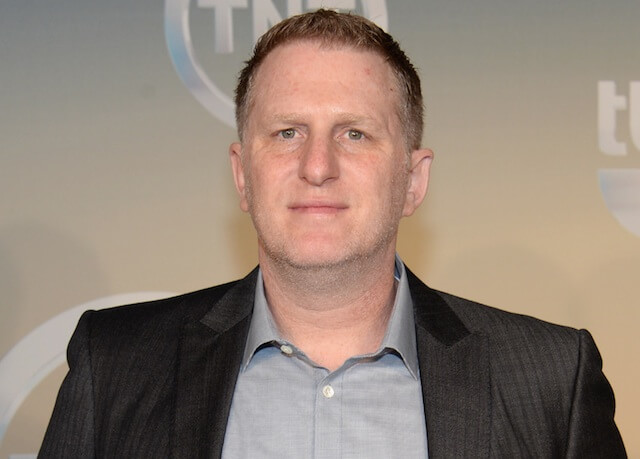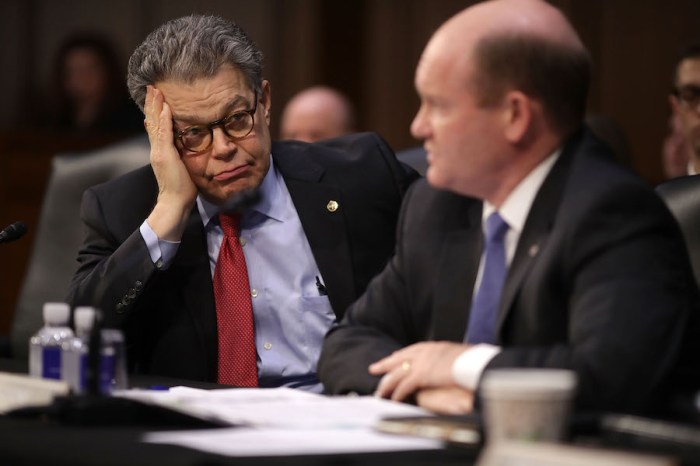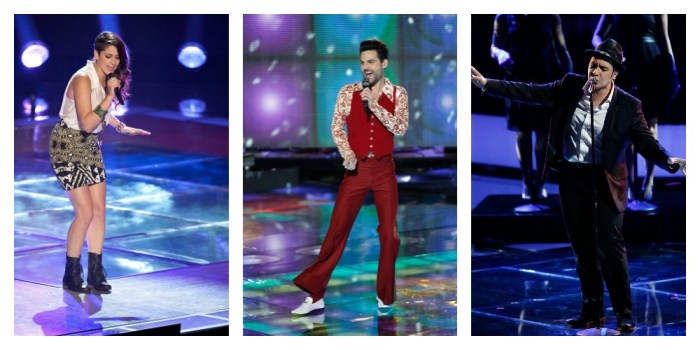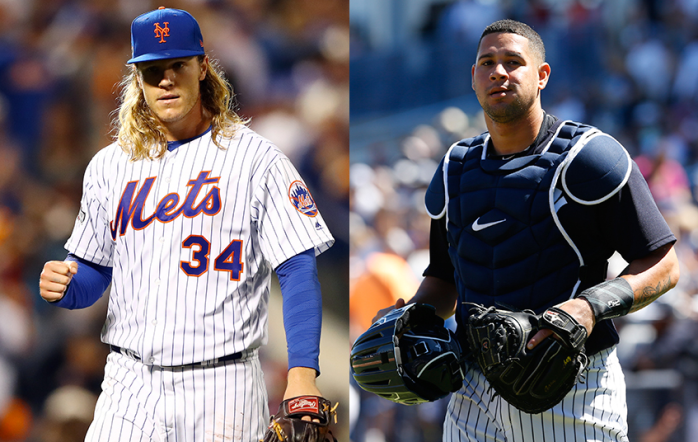Michael Rapaport points that he was “in the womb” in 1970 when the New York Knicks won their first NBA championship, and only three when they won their second. That didn’t stop the actor-filmmaker from directing “When the Garden Was Eden,” a documentary, which aired as part of ESPN’s 30 for 30 film series (and is now on Netflix Instant), about the team’s storied lineups from the late ’60s through mid-’70s. Rapaport spoke with Metro during the film’s Tribeca Film Festival premiere last spring about his own history with the team, how the Knicks created modern basketball and getting mean tweets. You weren’t there to watch the historic lineup when they were winning the Finals. What made you passionate enough to make a film about them?
I wanted to be a basketball player when I was growing up. That was my life. Growing up in New York City, the Knicks were my team. The fabric and those championship teams is something I learned about at an early age. Even before I saw them I heard about Walt Frazier, I heard about Earl Monroe, I heard about Willis Reed. Walt Frazier was iconic at that time. And over 40 years, as the team had highs and lows but never got over the hump of winning that championship, you continue to go back to those old teams. There would be no movie if the Knicks would have won two or three championships since then. What made you stop pursuing basketball?
I realized I couldn’t do it when I was 16. I knew I wasn’t good enough. I wasn’t heartbroken over it. It was just like, “Alright, I gotta do something else.” I still have dreams about playing in the NBA — literal dreams. It wasn’t that long ago I dreamt I was playing for the Chicago Bulls and dunked for the first time in a game. How on earth did a New York kid wind up dreaming about the Bulls?
I have no idea! Listen, I’m just glad I have the dreams. I have them all the time. I never lost my love for the sport. It’s not like some sad story. A lot of kids want to be in the NBA.
What was it like talking to your favorite players?
Earl “The Pearl” Monroe was my first hero. I didn’t even see him play as a kid. But I knew about him. He had this great smile. So to sit down and interview him was great. The thing that was interesting to me is these guys are so open and enthusiastic about it. Most of the time Phil Jackson has been interviewed it’s after a game and he’s kind of guarded because he’s tired. It’s always like, “What is Michael Jordan like?” or “What’s Kobe like?” But I asked them how they became a basketball player, how they became a Knick. There was no guard. Everyone was unguarded. There was a human quality we were able to capture because I caught them at a good time. It’s amazing to see an NBA that is so small and unnoticed, especially compared to now.
They played in the NBA when it was a mom-and-pop league. There were eight teams. They didn’t make a living. It’s hard for us to understand that, because everyone knows who Lebron is, you know who Kobe is. They’re like Apple; they’re like brands. But at the time these guys had jobs — not just during the off-season, but while they were playing in the f—ing NBA. John Havlicek [of the Celtics] was a sales rep! They were young men and were getting drafted into the army. They were doing service with the National Guard while they were with the Knicks. Cazzie Russell would leave practice and on the weekends would be with the National Guard. That wasn’t like the National Guard today. There were riots and s—. Cazzie Russell was on the roof during the Chicago riots with a gun, while he was a Knick! These guys also basically invented the idea of basketball as a commodity.
I get a lot of positive comments. If I got more negative than I got positive I’d have to delete my Twitter account. I just get a couple every now and then. Everybody makes remarks on Twitter. I do it. I say s— on Twitter I shouldn’t say. It’s just part of it. When the negative comments are coming at you it does put you on your heels — at least the first time. I just retweet them anyway.
Interview: Michael Rapaport on documenting the Knicks

Getty Images
One of the first athletes to become famous was Walt Frazier. He was a star! Walt Frazier was enormous. It was a persona — it wasn’t even who he is. It was a character. It set the trend for the Magic Johnsons, the Larry Birds, everyone who came after those guys. But Walt “Clyde” Frazier was the first one in the NBA to have a shoe named after him: the Puma Clyde. It was so big when they won in New York because it happened in New York. It happened at the right time, and it happened when the people from Madison Avenue started thinking basketball was hip. They were the first team to bring the celebrities out. You can go to Oklahoma City today and see Jay-Z and Beyonce. But at the time nobody was going to games. This time brought out the Woody Allens, the Barbra Streisands, the Robert Redfords. They weren’t coming to see anyone else; they were coming to see the Knicks.
Do you get nervous doing films on hugely beloved subjects, like the Knicks or A Tribe Called Quest, who you covered in “Beats, Rhymes & Life”?
The thing about me directing a film is people know who I am. And these are subjects that are so meaningful to people. I feel I have a responsibility to them. I tell my producers that if it sucks they’re coming after me. I might get some credit it it’s good, but if it sucks I’m the one who’s going to get screamed at. They’d call me a f—ing piece of s— on Twitter, or if I’m on a train they’d be like, “Hey, you f—ed up the Knicks movie.” That s— is dangerous.
Do you get that a lot?
On Twitter everybody gets it. God rest his soul, but Nelson Mandela would get heckled on Twitter. People say wild stuff to you on Twitter. They think they’re talking to you.
Is it all or even mostly negative?
How difficult is it balancing acting with your filmmaking career?
For me acting has always been my first love. I’m always going to have a love affair with it. I don’t think filmmaking will every come to me as easy to me as acting, because you can’t do it as much. It takes a long time. But I love filmmaking. I love the process of discovery. When you’re talking to somebody as a documentary filmmaker and you get that honesty and the genuineness, you know it. The same thing with acting. I get off on that. And when you put together a scene and you’re able to articulate what you want, you’re like, “F—, look at that! Look at that s—! That’s f—ing cool, it’s right there!”
“When the Garden Was Eden” currently streams on Netflix Instant.
Follow Matt Prigge on Twitter @mattprigge















